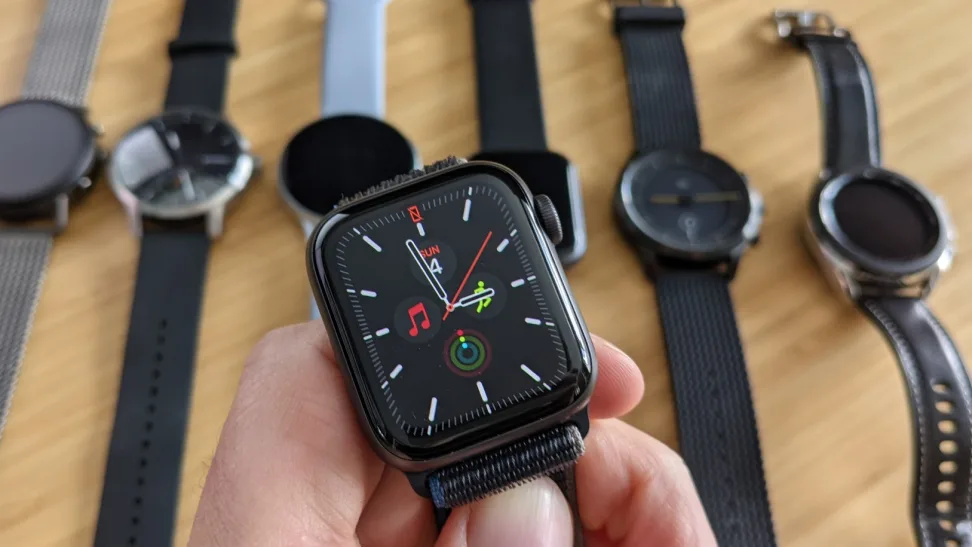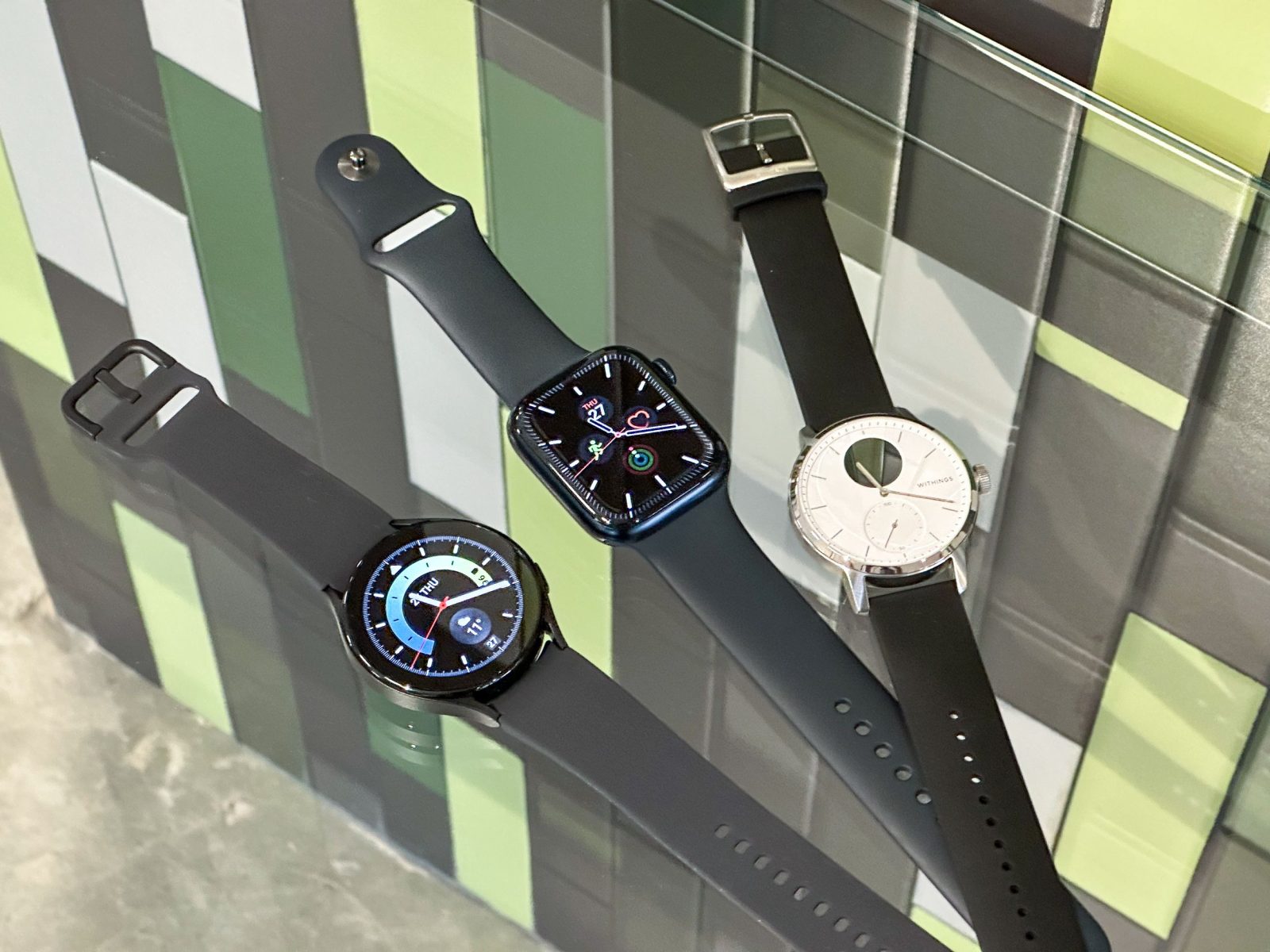While the allure of a low-priced smartwatch can be strong, it’s important to consider the adage “you get what you pay for,” which often holds true. Many budget smartwatches cut corners on essential features, durability, and overall user experience. Investing a bit more in a higher-quality smartwatch can be a more prudent choice, offering better performance and longevity.
One major issue with cheap smartwatches is their compromised build quality. These devices often use inferior materials, such as flimsy plastic, making them prone to breakage. The straps can be uncomfortable or easily damaged, and the overall aesthetic is usually less refined. Poor-quality components can also lead to performance issues and a shorter lifespan of the device.

Another significant drawback of budget smartwatches is the inaccuracy of their sensors and health-tracking capabilities. These devices frequently have less reliable sensors for vital metrics such as heart rate and blood pressure, which can be problematic for users who depend on accurate health data. Inaccurate sleep tracking and poor GPS performance can also hinder fitness goals and overall well-being.
Cheap smartwatches typically offer limited functionality compared to their high-end counterparts. They often lack compatibility with a broad range of apps, exhibit slow performance, and struggle with syncing to smartphones. Basic functions, such as touch responsiveness and display clarity, may also be compromised, affecting the user experience.
Lastly, privacy concerns are more pronounced with budget smartwatches. These devices often come from less reputable manufacturers with questionable data handling practices, increasing the risk of your personal information, including health data, being compromised.
Additionally, cheaper smartwatches may lack adequate customer support and software updates, making it harder to resolve issues and benefit from new features. Investing in a quality smartwatch is not only a commitment to better functionality but also an investment in your health and privacy.







Leave a Reply